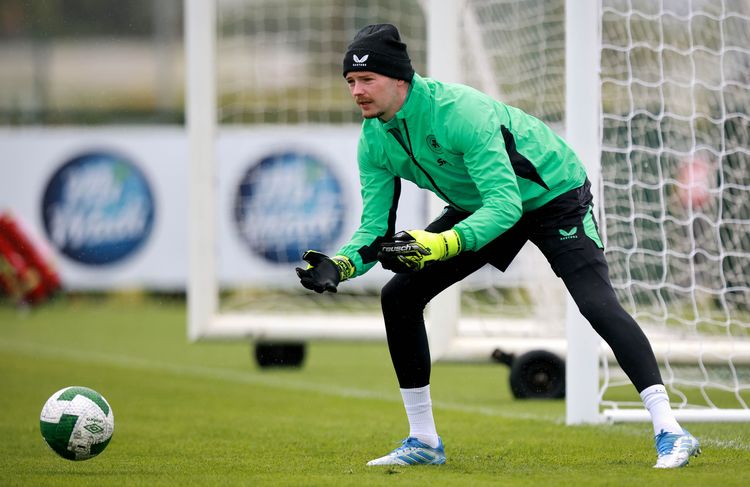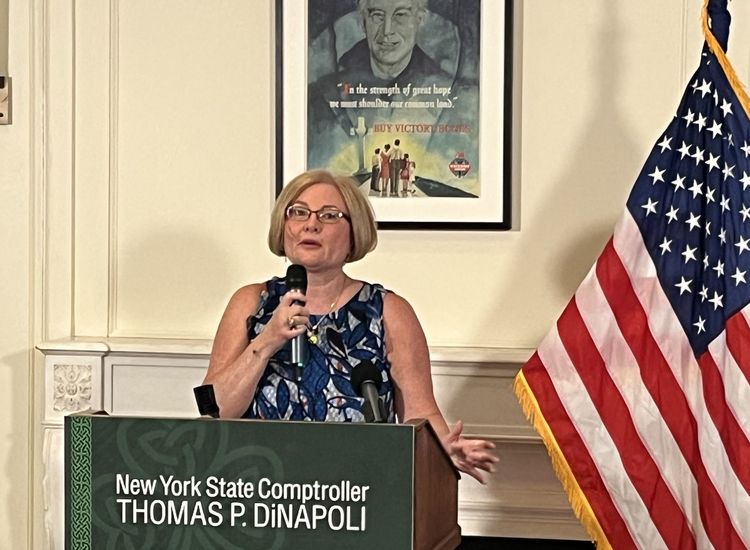Back in the Penal Law days education in Ireland was proceeding along parallel lines.
These lines were wide apart; very wide indeed. In terms of their separation, in extremis so to speak, you would have a son of the gentry reading Ovid and Livy in the cloistered world of Trinity College Dublin.
Out in the countryside you would have a son, or daughter, of a landless tenant learning on the ground behind a rock or a hedge. A book would have been a luxury. In most instances the teaching would have been by spoken word.
Move the clock on to the present day and those once parallel lines have merged, intersected.
As David McWilliams reported in the Irish Times: "This week two global reports underscored the extraordinary education revolution that has taken place in Ireland. We are now the most educated country on the planet, above Singapore and Switzerland with 54 per cent of us holding a bachelor’s degree or higher, according to Visual Capitalist – a phenomenal achievement and one that should be celebrated."
McWilliams also points to a new report from the Organization for Economic Cooperation and Development with regard to university education.
He writes: "The OECD claims that – in contrast to the norm all over the world – Irish students from working-class backgrounds are doing well. More than 75 per cent of poorer students finish college, compared with 70 per cent of their richer counterparts. Meanwhile, in the US, 87 per cent of rich kids finish college, while only 70 per cent of students from poor backgrounds matriculate. After the Netherlands, Ireland is the country in Europe where most poor students who get into university complete their courses.
"This is good news because education is the fastest and most dependable avenue out of poverty. It has ever been thus. The 'where would you be without your education?' quip from generations of Irish mammies is accurate."
Ireland scores high in a range of categories highlighted in the OECD report. This, it can be argued, is not because of relatively recent educational strategies, but perhaps due to older initiatives such as the introduction of free secondary education back in 1967.
Of course, an individual could still shell out for a fee paying school but the standard in "free" secondary schools was typically high enough to give a whole new strata of Irish society an opportunity to obtain a university education.
There has always been a sense in Ireland that education for its own sake is a good thing. Sure, Ireland is also a place where getting ahead in life is dependent on getting into the "right" school or college.
But perhaps it's the memory of "Hedge Schools," of religious educators dishing out corporal punishment for students not taking their lessons seriously enough, that has led Ireland on the long road to its present world beating status.
Regardless of cause, education in Ireland, which is certainly not perfect, now seems to be making the grade on said world-beating scale.
Meanwhile, over here, we have an all out political war on education and knowledge. Go figure! Or if you can still manage it, go calculate!







